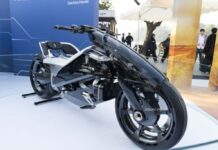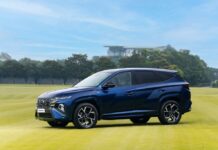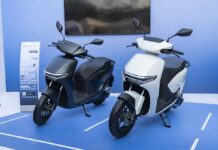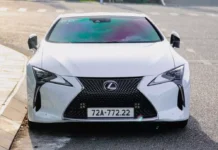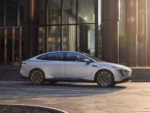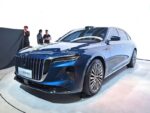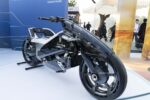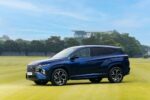Devastated, decimated, destroyed—whichever word you choose, the result is the same: Tesla’s European business is in a state of collapse.
According to data from the European Automobile Manufacturers Association (ACEA), Tesla’s sales in the region plummeted by a staggering 49% last month. What’s more, this decline cannot be attributed to a slowdown in the electric vehicle market, as EVs are experiencing robust growth across Europe. In April, EV sales surged by 27.8%, with 184,685 vehicles sold in the European Union (EU), EFTA countries, and the United Kingdom.
Electric vehicles now account for 15.3% of all new car registrations in these markets—a new record for April. While the United States remains hesitant in its EV policies, many other markets are accelerating their adoption.
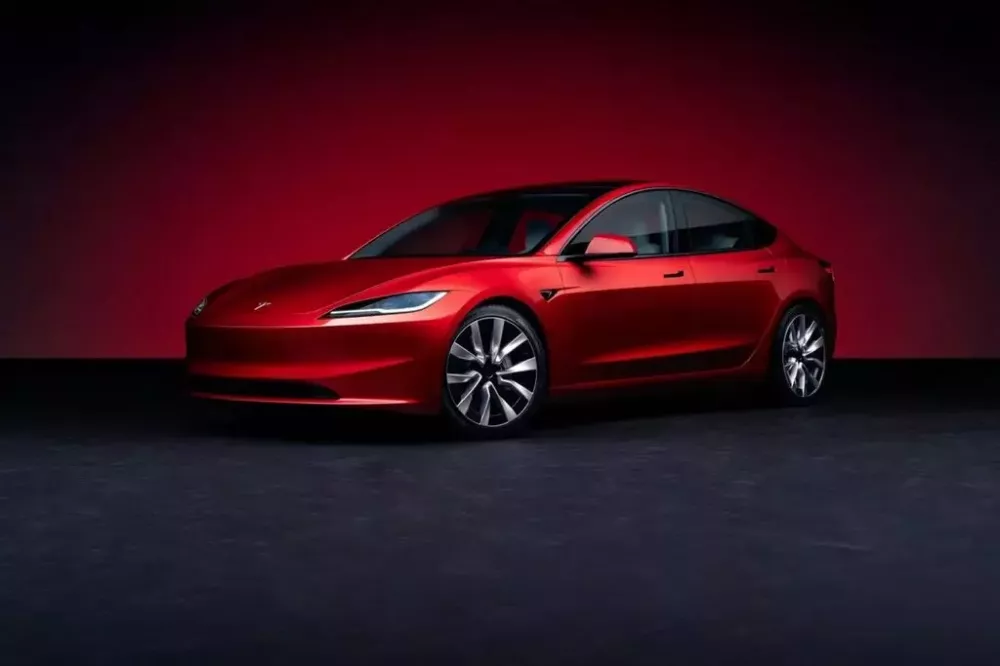
However, Tesla is being left behind in this EV revolution. Once the dominant name in electric vehicles, Tesla is now struggling to keep up with fierce competition and the negative impact of CEO Elon Musk’s controversial statements. While it still leads in the US, consumer sentiment towards the brand is turning sour in Europe, and Chinese buyers are favoring domestic brands.
It is unclear what solutions Tesla has for this crisis. The company had pinned its hopes on an upgraded version of the Model Y, but this strategy has failed. Initially, Musk blamed production disruptions during the transition to the new model. However, with factories now operating normally and inventory levels rising, this excuse no longer holds. This suggests that the new Model Y is not delivering the expected results.
This leaves Tesla with only two options for growth: lowering prices or launching new products. But after several price cuts in recent years, there is little room left for further reductions. Additionally, with tax incentives in the US potentially on the chopping block, Tesla’s vehicle prices could increase by $7,500—putting significant pressure on profit margins, not to mention the increased production costs due to new auto part tariffs.
Introducing new products seems like a more viable solution, but it may not reverse the trend. Elon Musk has repeatedly stated that Tesla’s value lies in artificial intelligence (AI) and not car manufacturing, and he has diverted most of the company’s resources into developing fully autonomous driving technology. Tesla’s current product line is outdated—the Model S was introduced in 2012, and the Model 3 in 2017—and despite upgrades, both are no longer at the forefront of EV innovation. The only entirely new product, the Cybertruck, has been criticized as a failure. The next three products in the pipeline are a slightly improved Model Y, a two-seater called the “Cybercab,” and the long-awaited production of the Semi truck.
The gamble now is that fully autonomous technology will deliver a new level of value to these vehicles. A basic, sparsely equipped Model Y is unlikely to attract buyers. But a self-driving car that can carry multiple passengers and cargo, with a range of 480 km per charge and a price tag of around $35,000—that could change the game.
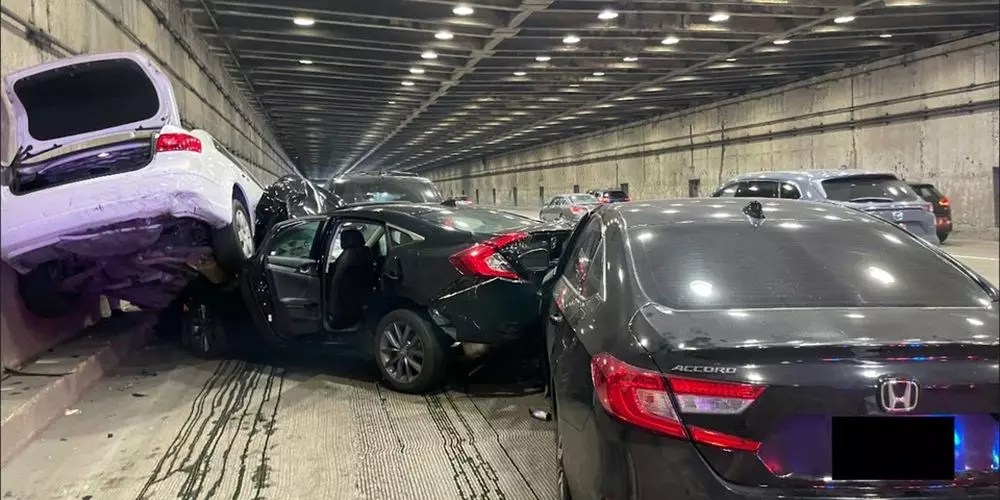
A Tesla vehicle was involved in a multi-car accident in the US. The owner of the Tesla vehicle told authorities that while driving on the highway, the Full Self-Driving (FSD) software suddenly stopped the car.
The key to achieving this, however, is trust. Consumers need to believe that the technology is safe and has been thoroughly tested. After years of using customers as beta testers and publicly challenging regulatory authorities, Elon Musk is eroding this trust.
Nevertheless, it may be his last resort. As the European sales collapse demonstrates, this is not the time to “keep calm and carry on.” Tesla is becoming a tarnished brand in many parts of the world, and its products no longer inspire the enthusiasm they once did.
The company needs a reboot—but that doesn’t seem likely to happen anytime soon.
The Nissan N7 is a Runaway Hit: Sales Cross 10,000 Units in Just 18 Days
The Nissan N7, a groundbreaking electric vehicle, has shattered records in the competitive Chinese market. With an astonishing 10,000 pre-orders amassed in record time, the N7 has become the fastest-growing joint venture electric car in China. This remarkable achievement solidifies Nissan’s position as a leader in the electric vehicle revolution, showcasing their ability to captivate consumers and deliver cutting-edge, desirable cars.
The All-New Hongqi H9: An Elevated Experience of Luxury and Technology
Unveiled at the 2025 Shanghai Auto Show, the second-generation Hongqi H9 immediately captivates with its elegant design and cutting-edge technology. This all-new plug-in hybrid (PHEV) variant is expected to go on sale in the third quarter of this year, although pricing and specifications remain tightly under wraps for now.


